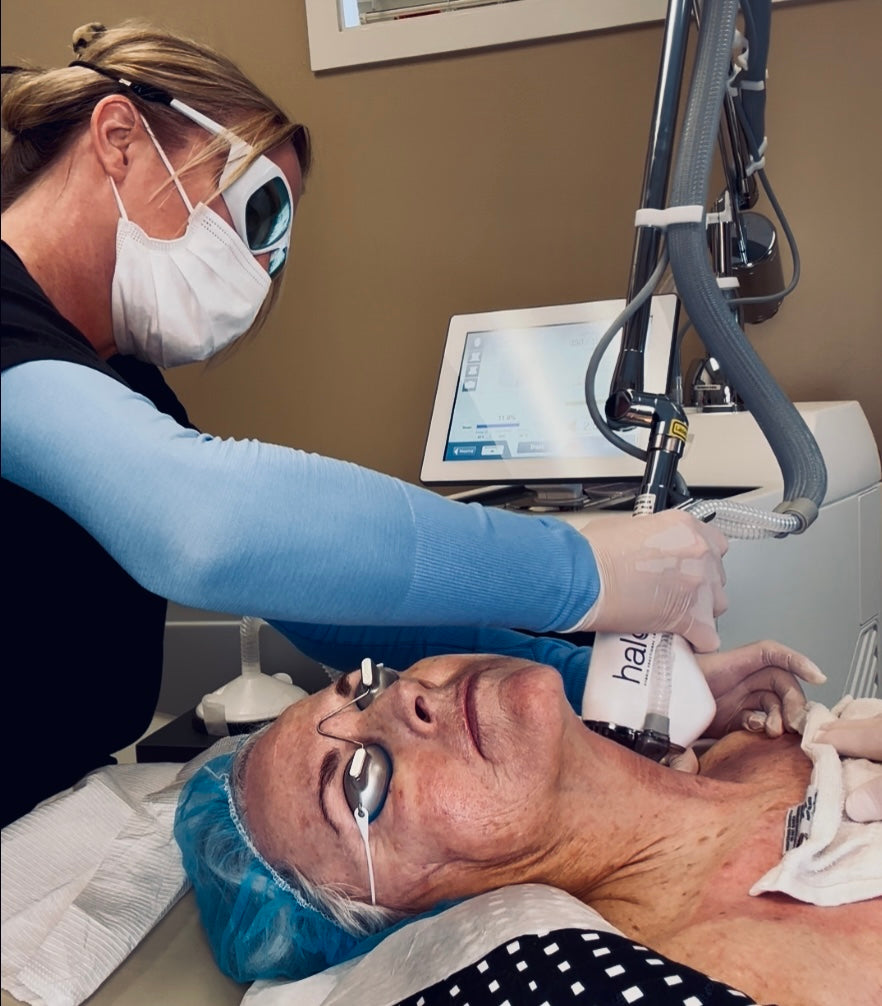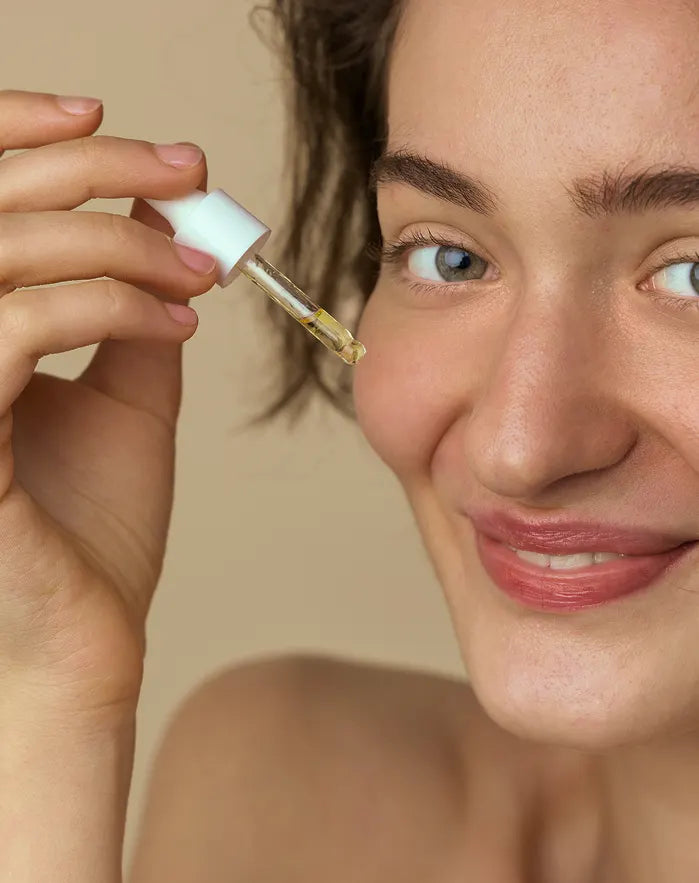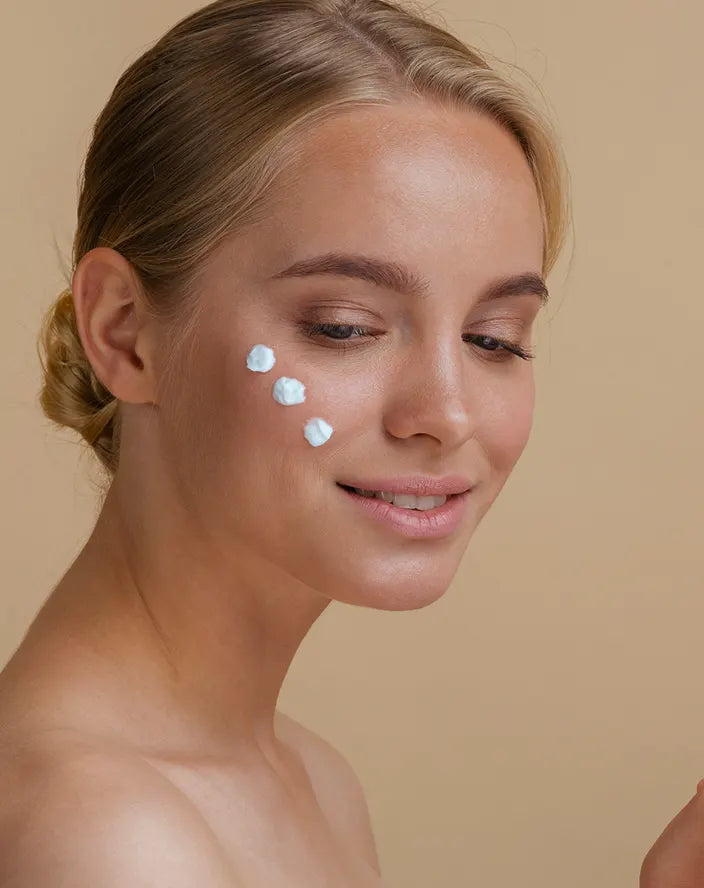As a dermatologist, I am often asked about the best ways to protect skin from the sun's harmful rays. With the myriad of sunscreen options available, it can be challenging to choose the right one. Today, I want to highlight why mineral sunscreens, particularly those containing zinc oxide, are superior in both efficacy and safety compared to their chemical counterparts.
Understanding Sunscreen Types
Sunscreens are broadly categorized into two types: chemical and mineral (or physical). Chemical sunscreens contain organic compounds like oxybenzone, avobenzone, and octisalate, which absorb UV radiation and convert it into heat, which is then released from the skin. On the other hand, mineral sunscreens use active ingredients like zinc oxide and titanium dioxide to physically block and scatter UV rays.
Efficacy of Zinc Oxide
-
Broad-Spectrum Protection: Zinc oxide is renowned for its ability to provide broad-spectrum protection against both UVA and UVB rays. Unlike some chemical filters that only protect against either UVA or UVB, zinc oxide offers comprehensive coverage, making it a reliable choice for complete sun protection.
-
Immediate Effectiveness: One of the significant advantages of mineral sunscreens is their immediate effectiveness. Unlike chemical sunscreens, which require about 20 minutes to become effective after application, zinc oxide starts working as soon as it is applied. This is particularly beneficial for those who are always on the go and need quick protection.
-
Stability in Sunlight: Zinc oxide is photostable, meaning it does not degrade when exposed to sunlight. This stability ensures consistent protection throughout sun exposure, unlike some chemical filters that can break down and lose efficacy over time.
Safety of Zinc Oxide
-
Gentle on the Skin: Zinc oxide is non-irritating and suitable for all skin types, including sensitive skin. It is less likely to cause allergic reactions or irritation compared to chemical sunscreens, which can sometimes cause stinging or redness, especially in individuals with sensitive skin.
-
Non-Toxic and Environmentally Friendly: Concerns have been raised about the potential hormonal effects and environmental impact of certain chemical sunscreen ingredients. Zinc oxide, however, is considered safe for both humans and marine life. It does not contribute to coral reef bleaching, making it an eco-friendly choice.
-
Minimal Absorption: Unlike chemical sunscreens, which can be absorbed into the bloodstream, zinc oxide sits on the skin's surface, providing a physical barrier without penetrating the skin. This minimizes the risk of systemic exposure and potential side effects.
Choosing the Right Sunscreen
When selecting a sunscreen, look for products labeled as "broad-spectrum" with an SPF of 30 or higher. Ensure that zinc oxide is listed as an active ingredient. For those concerned about the white cast that mineral sunscreens can sometimes leave, many formulations now offer tinted options that blend seamlessly with various skin tones.
Zinc oxide-based mineral sunscreens offer superior protection and safety, making them an excellent choice for anyone looking to safeguard their skin from the sun's harmful effects. As we continue to learn more about the long-term impacts of sun exposure and sunscreen ingredients, choosing a product that prioritizes both efficacy and safety is crucial. Your skin will thank you for it!
Stay sun-safe and get outside:)
Read more

Exciting Advances in Skin Cancer Prevention: The Role of Laser Treatments A recent study published in Dermatologic Surgery has unveiled some promising developments in the fight against a common typ...

It’s official: the tan is back. Scroll through TikTok or Instagram, and you’ll see bronzed 20-somethings showing their “sun-kissed” skin, swapping SPF for tanning oils, and even broadcasting live f...







Leave a comment
This site is protected by hCaptcha and the hCaptcha Privacy Policy and Terms of Service apply.